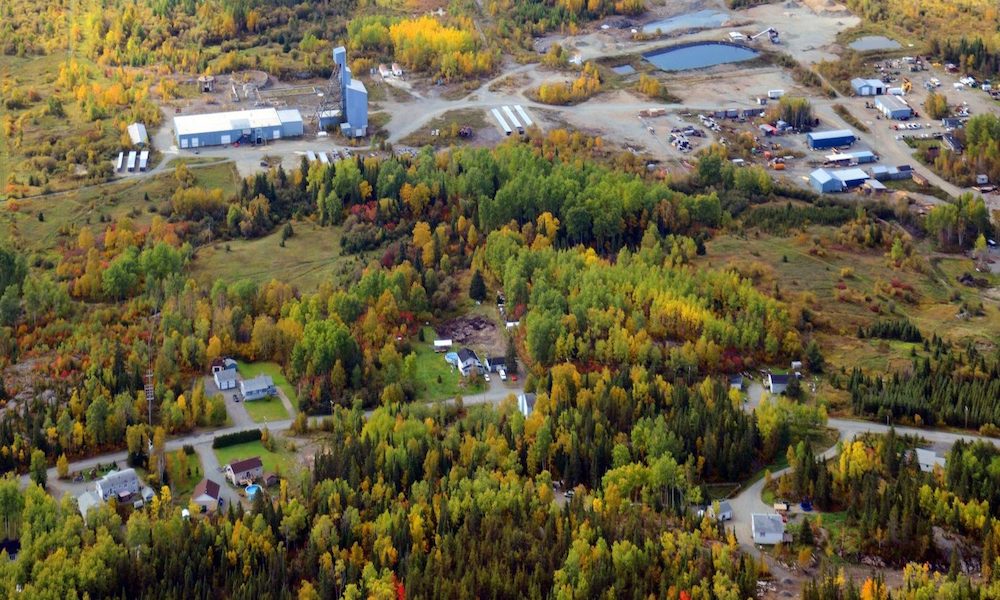Iamgold reports gold intervals from Rouyn, plans 14,000-metre program

Intercepts from the Upper Piche zone include 2 metres of 13.2 g/t gold from 666.5 metres; and 7.6 metres of 9.7 g/t gold starting at 638 metres. Results from the Lower Piche zone include 11.1 metres of 3.7 g/t gold from 545.9 metres. Drilling at the Main Astoria zone returned a 14-metre interval of 3.4 g/t gold starting at 666 metres.
“The completion of this program has provided important information to assess the potential of the historic Astoria deposit,” Craig MacDougall, executive VP of growth with Iamgold, said in a release.
“These results will be used to update our geological models and help guide our exploration program to continue to assess the resource potential for this area. Drilling has now resumed at Lac Gamble and will include the completion of selected infill holes, as well as geotechnical drill holes to assess rock quality of the host rock units.”
Iamgold’s release also notes that the drilling hit the targeted Cadillac-Piche corridor that hosts mineralized zones.
Exploration drilling has restarted at Rouyn, with 14,000 metres planned this year to define the Lac Gamble and Astoria zones. Geotechnical drilling is also underway, targeting Lac Gamble host units.
Rouyn covers a 12-km stretch of the Cadillac-Larder Lake break and includes gold deposits along the Augmitto-Astoria corridor. Astoria features 1.4 million measured and indicated tonnes grading 5.18 g/t gold and 302,597 tonnes at 5.4 g/t gold. Both Astoria and Augmitto include existing underground infrastructure.
In December 2018, Iamgold singed an option agreement for the option to acquire a 100% interest in Rouyn by making cash payments of C$4 million and spending C$9 million on exploration over a four-year period. By the end of this period, the company would be required to complete a resource estimate and then be able to purchase a 100% stake by paying Yorbeau the lesser of C$30 million or C$15 per resource ounce. Iamgold is now in the third year of the agreement.
(This article first appeared in the Canadian Mining Journal)




